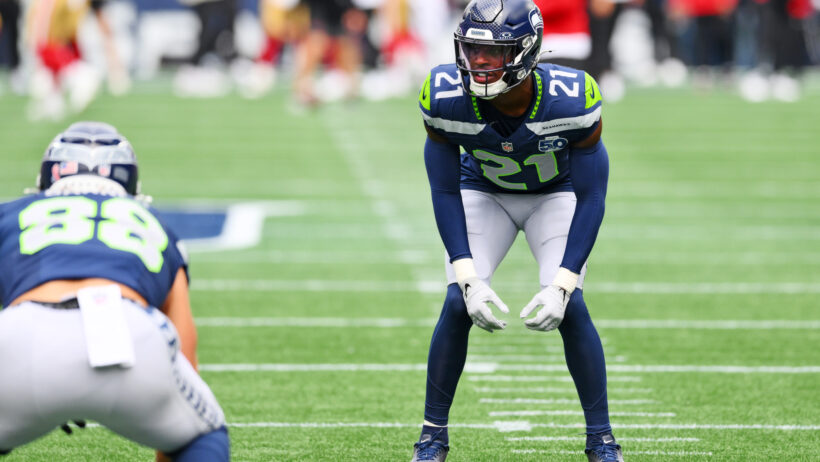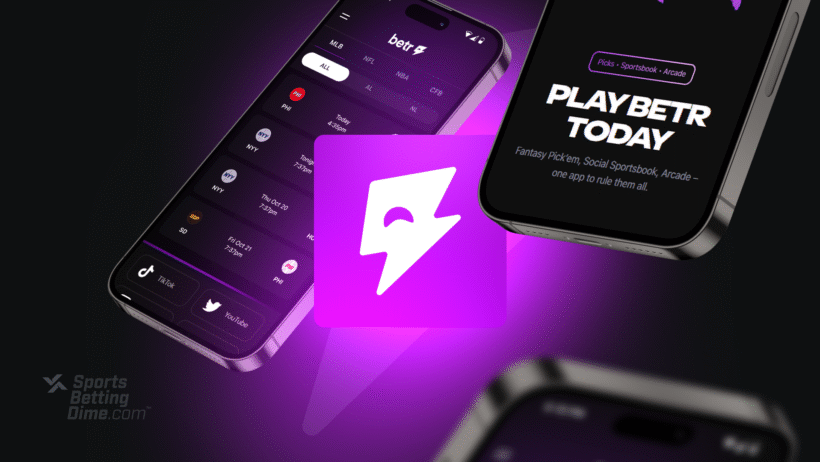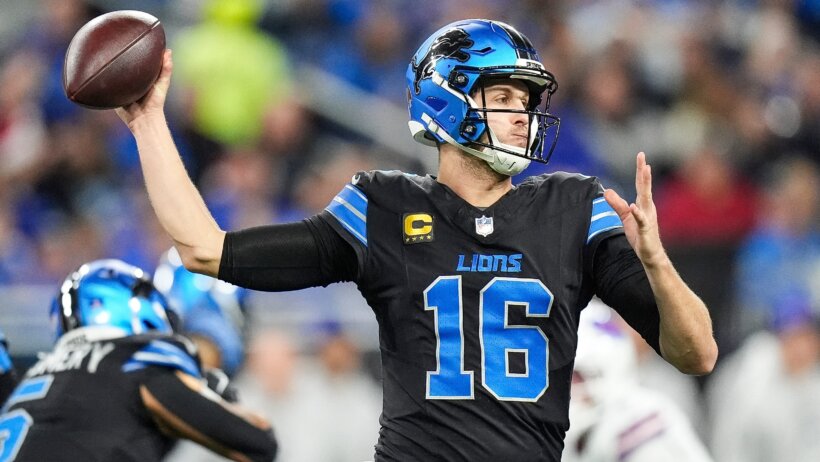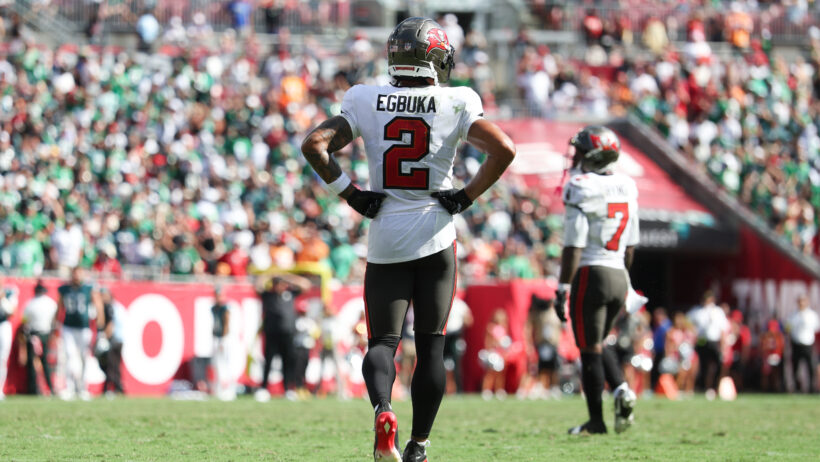March Madness Led to Most Cases of Student Athlete Abuse from Public, According to New Study
By Robert Linnehan in Sports Betting News
Published:
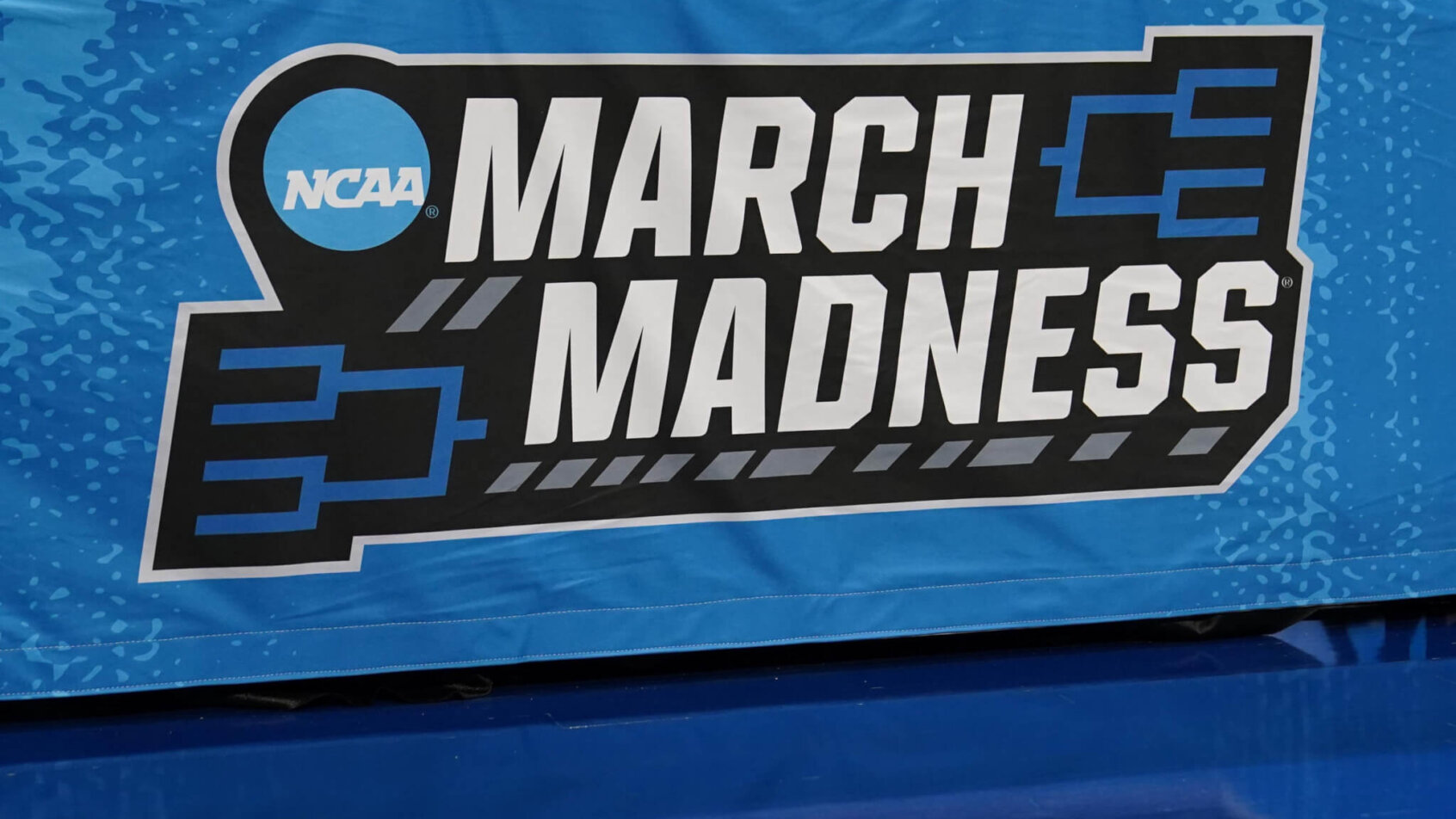
- The NCAA commissioned a study from Signify Group to monitor public comments targeting online profiles of student athletes
- Out of 1.3 million posts or comments targeting student-athletes, coaches, or officials, 5,000 posts contained threatening content
- 80% of the threatening, abusive, or discriminatory posts were directed at March Madness student-athletes
The NCAA is calling on the public and social media platforms to help reduce online harassments of student athletes after releasing the results of a pilot study that flags abusive behavior from the public.
The NCAA released the complete results from its Division I championship pilot study, which monitored public comments targeting the online profiles of student-athletes, coaches, and officials participating in seven NCAA championships and the College Football Playoff National Championship.
Out of 1.3 million posts or comments included in the study, 5,000 were found to contain abusive, discriminatory, or threatening content, and the vast majority of them were directed towards student-athletes participating in the men and women’s March Madness tournaments.
Basketball Tournaments, Women Targeted Most Often
The NCAA partnered with Signify Group in December to use its Threat Matrix service to investigate online harassment in college sports. The Threat Matrix service is an AI program that covers 39 languages and monitors for abusive and threatening posts that are identified based on text, with layered word, image, emoji, and phrase categorization or detection.
The service monitored the DI Women’s volleyball championship, the FCS/FBS football championships, D1 men and women’s March Madness Tournaments, DI Gymnastics, DI women’s softball championships, and DI men’s baseball championships across X/Twitter, Instagram, Facebook, and TikTok.
The program identified a 1,313,465 total messages that mentioned either an athlete, coach, or official in the above tournaments or championships. Out of this total pool of messages, the AI program flagged 72,412 as being potentially abusive. Finally, the program confirmed that 5,020 were messages of abuse and were reported to the study.
It’s important to note that these were social media posts made directly on the platform and did not include direct or private messages sent to athletes.
The study revealed the following:
- 18% of all abuse was sexual, making it the most prevalent type of abuse used to target male and female student-athletes.
- 12% of all abuse was related to sports betting, with more than 740 instances. As betting markets increased, so did the prevalence of harassment, with 19% rates in men’s basketball and football. Some abuse flagged in other categories indicated that the posts were betting-related.
- 10% of abuse consisted of racist content.
- 9% of abuse was homophobic/transphobic.
- 6% of abuse, approximately 380 instances, was violent.
- 80% of the abuse in the study was directed at March Madness student-athletes.
- Women’s basketball student-athletes received approximately three times more threats than men’s basketball student-athletes.
Among the most notable threats, the study identified 96 accounts to be further investigated by various authorities for their actions.
Student-athletes participating in basketball were was far and away the most susceptible to receiving an abusive post from the public. Out of the 5,020 confirmed abusive posts, 3,915 were sent to basketball players.
“I’ve heard too many student-athletes talk about abusive messages they have received, and for the first time ever, we now have evidence of the scale at which this is occurring. It’s incredibly alarming and completely unacceptable,” NCAA President Charlie Baker said in a press release. “Fans have to do better, social media companies have to do more to identify and remove this content, and we all need reminders about responsible social media usage. Student-athletes come to college hoping to fulfill their athletic and academic dreams, and our job at the NCAA is to provide them with the most fulfilling experience possible. We will exhaust all options to reduce the harassment and vitriol student-athletes are experiencing too often today.”
Taking a Toll on Mental Health
The study found that receiving these types of message can have a direct and immediate negative impact on a student-athletes’ mental health. Repeated abuse, Signify Group reported, can be especially detrimental.
One athletes received 1,400 abusive messages in less than two weeks.
“I’ve seen firsthand the negative impacts of social media abuse on the mental health of myself and my loved ones,” said Connor McCaffery, men’s basketball assistant coach at Butler, in a press release. “There must be more done to address this toxic behavior impacting sports at all levels.”
The NCAA has expanded its mental health support offerings to its student-athletes. Additionally, as of Aug. 1, all schools with Division I sports programs must provide mental health counseling and mental health services consistent with the association’s mental health best practices policy.
Beyond broad access to mental health services, the NCAA is urging social media platforms address the problem by proactively identifying and removing abusive content directed towards its athletes.
“This groundbreaking study will assist the Association to analyze and assess risks to devise effective solutions and guardrails to protect student-athletes from abusive threats and harms,” said Clint Hangebrauck, NCAA managing director of enterprise risk management, in a release. “The NCAA will continue to work with Signify, campus leaders, social platforms, law enforcement, betting operators and government officials to combat this horrific behavior and drive change for college sports and society.”

Regulatory Writer and Editor
Robert Linnehan covers all regulatory developments in online gambling and sports betting. He specializes in U.S. sports betting news along with casino regulation news as one of the most trusted sources in the country.
